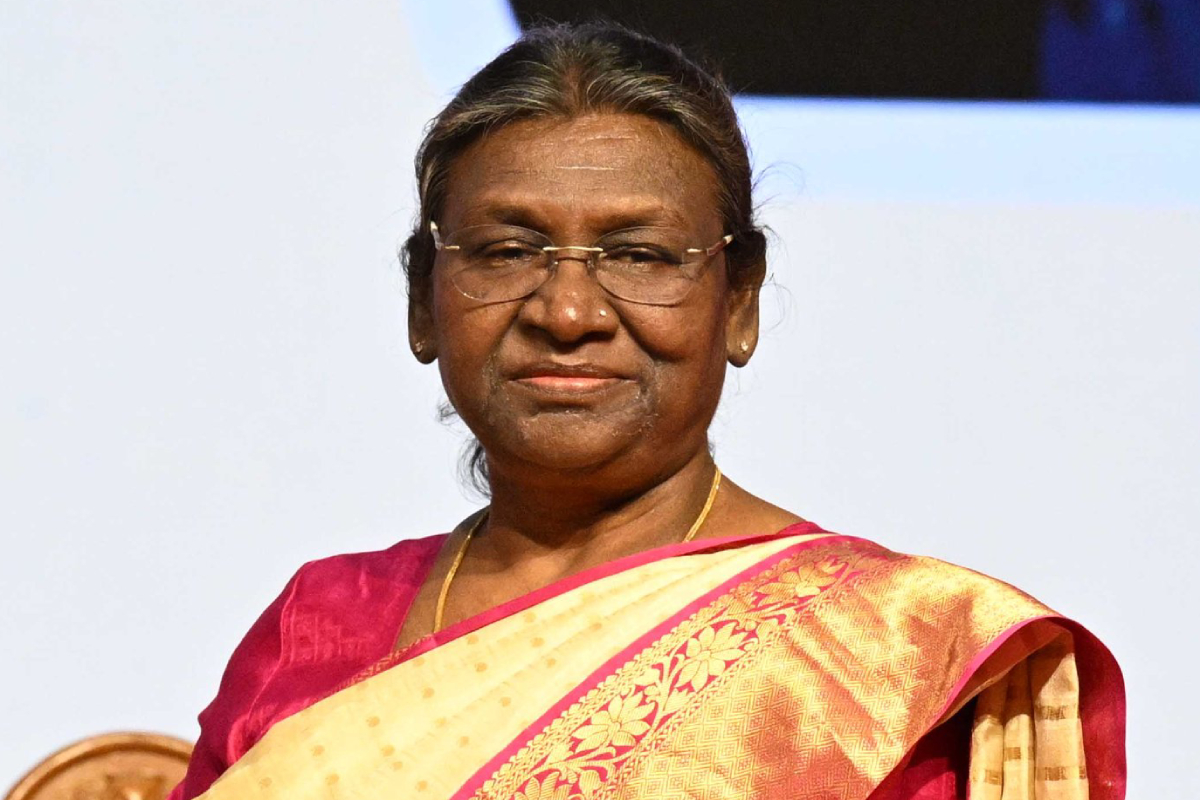Underlining that rice is the cornerstone of food security in India, President Droupadi Murmu today said delivering protein, vitamins and essential micronutrients through rice can help combat malnutrition.
”Rice forms the bedrock of our food security, we must consider its nutritional aspects too. Large sections of low-income groups depend on rice, which is often the only source of daily nutrition for them,” she noted while speaking on the occasion of the inauguration of the 2nd Indian Rice Congress at ICAR-National Rice Research Institute, Cuttack.
Advertisement
The President said that though India is the leading consumer and exporter of rice today, the situation was different when the nation became free. ‘
“In those days, we were dependent on imports to meet our food requirements, and often the nation lived what was called a ship-to-mouth existence. If the nation could overcome that dependency and become the largest exporter, a lot of credit goes to the National Rice Research Institute. The institute has contributed immensely to India’s food security and also in improving farmers’ lives,” she said.
Murmu said that in the last century, as irrigation facilities expanded, rice came to be grown in new places and found new consumers. The paddy crop requires high amounts of water but many parts of the world are facing severe water shortages due to climate change.
Droughts, floods and cyclones are now more frequent, making rice cultivation more vulnerable. She said that even as rice has broken new ground, there are places where traditional varieties are facing challenges. ”Thus, the task before us today is to find the middle path: preserving and conserving traditional varieties on one hand, and maintaining ecological balance on the other,” she added.
Another challenge, according to the president, is to save the soil from the excessive use of chemical fertilizers, which are considered necessary for modern rice cultivation. ”We need to reduce our dependence on such fertilizers in order to keep our soil healthy,” she said, expressing confidence that scientists are at work to devise eco-friendly rice production systems.
She was happy to note that ICAR-NRRI has developed India’s first high-protein rice, called CR Dhan 310 and NRRI has also released a high-zinc rice variety, called CR Dhan 315. She said that the development of such bio-fortified varieties is an ideal example of science in the service of society.
More and more such efforts would be needed to support the increasing population amid a changing climate. She expressed confidence that India’s scientific community would rise to the challenge.











